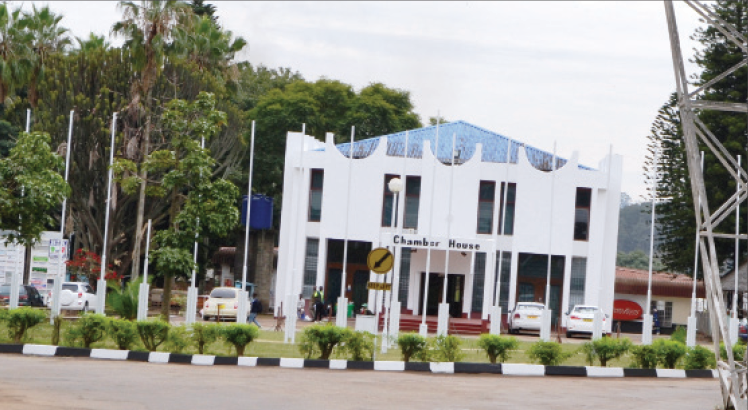Malawi was not spared the destruction and devastation unleashed by the Covid-19 pandemic. Hundreds of people died. Thousands were hospitalised while millions suffered the debilitating effects. The economy too was not spared. Businesses closed while others scaled down operations. Tourism grounded to a halt as hotels and lodges experienced the worst crisis. Just like all countries, Malawi required an injection of funds to support efforts in containing the Covid-19 pandemic. Among other funds, a sum of K17 billion was pumped to finance a number of Covid-19 interventions.
In response to a multitude of queries and public outcry on how the K17 billion was used, Malawi government commissioned a special audit. Specifically, the audit was designed to follow up expenditures based on a tranche of K17.29 billion that was released on January 17 2021. The money was distributed to various institutions including Ministry of Health and its network of central hospitals and district health facilities. The money was also distributed to other ministries such as Education, Information, Civic Education and National Unity. Malawi Police, Immigration Department, Malawi Defense Forces and Malawi Prison Services were among beneficiaries of the K17 billion bounty.
Effects of Covid-19 have slowed down. Covid-19 restrictions were long relaxed. The war against the pandemic is partly won on the basis of uptake of the vaccines, increased information and awareness, and adherence to guidelines such as social distancing and wearing of face coverings. However, questions still linger on the use of funds meant for fighting the Covid-19 pandemic. The audit report that was released on March 7 2022 exposed a number of worrying issues bordering on mismanagement and sheer abuse. The audit shows that Covid-19 money was ‘eaten’.
Specifically, a sum of K3.8 billion was abused. This is not small change considering that K3.8 billion can help to send hundreds of children to school or help to support scores of needy students with university bursaries. This money could also be used to improve access to clean and safe water for communities that are currently using unsafe sources of water.
Sadly, money close to K270 million was abused while disguised in the name of daily subsistence allowances and fuels. The expenditures were however not in line with the laws, regulations and procedures for public finance management. Key ministries that abused funds in the name of allowances include Ministry of Health which abused K106 million, Ministry of National Unity abused K40 million, and the Local councils ‘ate’ K67 million.
What is even more disheartening is that an amount of close to K3.53 billion was spent on so called goods and services. For example, Ministry of Education did not even use open tenders to invite applications for the supply of goods and services. In the process the Ministry abused a sum of money close to K1.7 billion. Pursuant to the principle of value for money, it is argued that the Ministry could have saved a significant amount of public funds if they used an open tender procedure.
Similarly, Ministry of Health abused K1.5 billion in the name of buying drugs and medical supplies for Covid-19. Specifically, this money was channeled to Central Medical Stores Trust Fund (CMSTF). The audit report shows that this money was never liquidated or there were no financial records to prove what the money was spent on.
Clearly, Covid-19 funds were spent within the context of gross financial indiscipline. Money was spent on activities that were not budget for. On the other hand, money was spent on activities that were not related to Covid-19. Sadly, while money was being ‘eaten’, the economy was bleeding and hundreds of lives were being lost.
The post Still waiting for accountability on Covid-19 money first appeared on The Nation Online.
The post Still waiting for accountability on Covid-19 money appeared first on The Nation Online.
 Moni Malawi
Moni Malawi 
